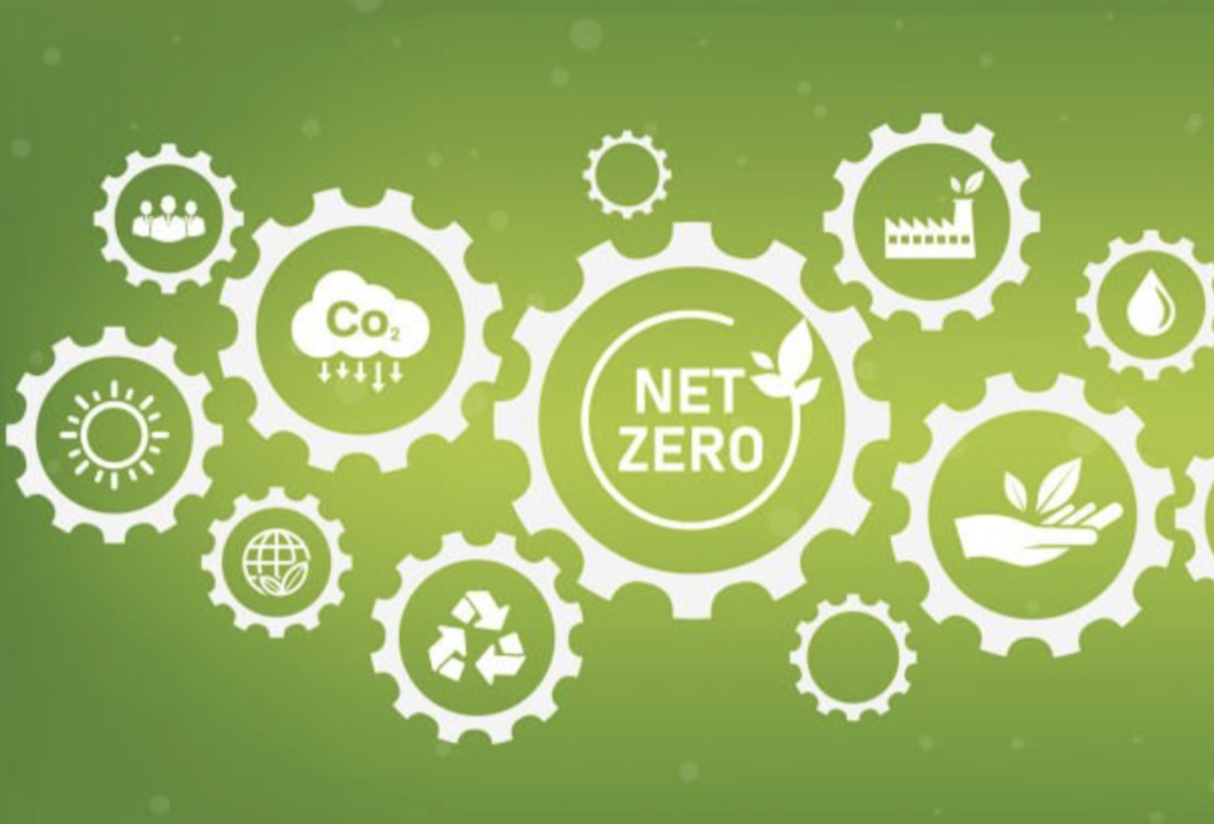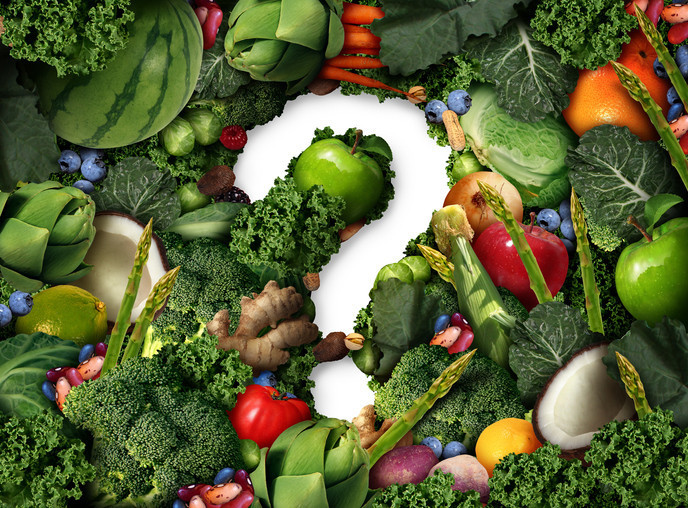By Michael Botti, Year 12
Have you ever wondered what happens to the plastic bottle you place into the recycling bin? We make various sustainability efforts, but do we know what impact they really have? Which individual actions could have the greatest environmental impact? What more could I do? Am I doing it right?
These are questions we ask ourselves – sometimes with a sense of overwhelm and fatigue as we witness protracted and worsening climate change catastrophes around the globe. Politicians gather and set goals often without the resolve to achieve them. Corporations adopt ESG initiatives, yet shareholders demand quarterly profits. Nevertheless, our generation feels a palpable sense of climate anxiety about our inherited future on this planet.
The Chinese philosopher Lao Tzu advised “a journey of a thousand miles begins with a single step.” The longest and most difficult ventures have a starting point, which begins with our first step. We certainly have a long and difficult task in tackling climate change, so what should be our first steps? Luckily, there are scientific data and resources to help guide us. Let’s delve into the relative impact of our individual sustainability actions and expose some common myths with scientific data that may surprise you.
Just over 50% of Americans believe their individual actions can reduce the effects of climate change according to a recent Washington Post-University of Maryland poll. However, do they know which actions are most effective? The poll finds that nearly 6 out of 10 Americans believe recycling has a significant impact on climate change. On the other hand, about 75% responded that not eating meat or dairy would have little to no effect on climate change. Climate experts say they are wrong on both.
Project Drawdown (www.drawdown.org) develops and disseminates science-based strategies for accelerating adoption of climate solutions. Their Top 20 high-impact climate actions an individual can take has some under-publicized and surprising insights.
The Food Sector accounts for a sizeable half of the potential impact you can have as an individual and contains the Top 2 climate actions: Reducing Food Waste (103 Gt) and Plant-Rich Diets (102.2 Gt). To put these CO2 reduction numbers in perspective, the most commonly publicized individual climate action is Recycling (11.3 Gt). Each of the two food climate actions have an impact that is 9 times greater than recycling. Electric cars reduce CO2 over 30 years by 9.8 Gt, which is 1/10th the impact of either reducing food waste or adopting a plant-rich diet. This doesn’t mean that we should scrap our Tesla EVs and throw plastic bottles out the window of petrol guzzling SUVs. But it does warrant serious consideration on what we are eating and how we are wasting food. According to Project Drawdown, roughly one third of the world’s food is never eaten and is responsible for roughly 8% of global emissions.
The next most important sector after Food is Energy in the built environment, which accounts for another 34% of the potential climate impact we can have as individuals. The champion climate action in the Energy Sector is Distributed Solar Photovoltaics (64.9 Gt) followed by a broad array of other building strategies including insulation, LED lighting, solar hot water, high-performance glass, high-efficiency heat pumps, smart thermostats, and low-flow fixtures. In future LGB Express articles we will further explore ideas for sustainable and regenerative design in the built environment.
Surprisingly, the often-cited sectors of Travel (11%) and Waste (5%) account for the relatively smaller balance of the potential reduced CO2 climate actions that we can take as individuals. In The Post-UMD poll, 51% of Americans say that flying less would make little to no difference, however a few flights per year can add up to be the largest contributor to your carbon footprint. Furthermore, while recycling has less of an impact on climate change it does reduce the amount of waste in landfills and decreases marine ecosystem destruction. The better solution to recycling plastics is to minimize or eliminate the use of plastic in our products and their packaging.
Switzerland is known for having strong sustainability policies, especially when it comes to recycling, and often tops world rankings. According to the annual Credit Suisse Worry Barometer survey, the environment was the main concern of the Swiss in 2022 (the previous two years the main concern was the COVID-19 pandemic). 39% of Swiss surveyed said that the environment was their top concern, whether it be environmental protection, climate change or environmental disasters. Market research agency IPSOS conducted a survey in 2022 stating 64% of the Swiss population agree that if individuals do not act now to combat climate change, they will be failing future generations. With such broad and robust support of individual climate action and recycling, what is the Swiss attitude toward one of the most impactful climate actions they can take – reducing meat and dairy consumption?
Only 44% of the Swiss surveyed by IPSOS are likely to eat less meat and an even smaller 37% are likely to reduce their dairy product consumption. Traditions and culture around food are slow to change and can be influenced through education. The survey results from other countries show that France (33%), USA (33%), Canada (29%) and Japan (29%) are even less likely to reduce their meat consumption.
Cutting out or reducing meat and dairy from our diets are among the best steps individuals can take to reduce their emissions. Animal agriculture is a significant source of greenhouse gas emissions and favoring plant-based foods reduces demand, thereby reducing land clearing, fertilizer use, and greenhouse gas emissions. Jonathan Foley, executive director of Project Drawdown, estimates that if three-quarters of people around the world adopted a plant-rich diet by 2050, they could avoid the release of more than 100 gigatons of emissions. “It doesn’t mean you can’t occasionally enjoy a really nice filet mignon for a celebration,” Foley said. “But if you cut down on red meat, it’s both a healthy dietary choice and a way to reduce emissions.” The other cost benefits are the significant savings at the individual level, and indirectly at the national level through lower healthcare costs. Plant-rich diets can address issues such as obesity in the developed world.
The next time we are in the cafeteria we can take a first step and consider picking up the fork and leaving the knife. Also, only take what you are going to eat.



